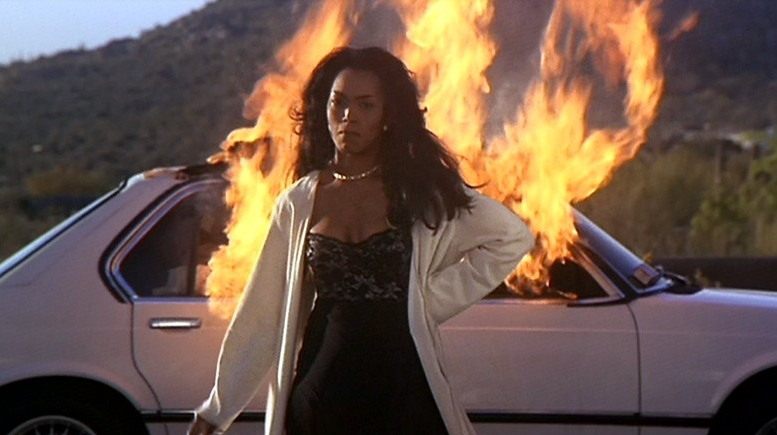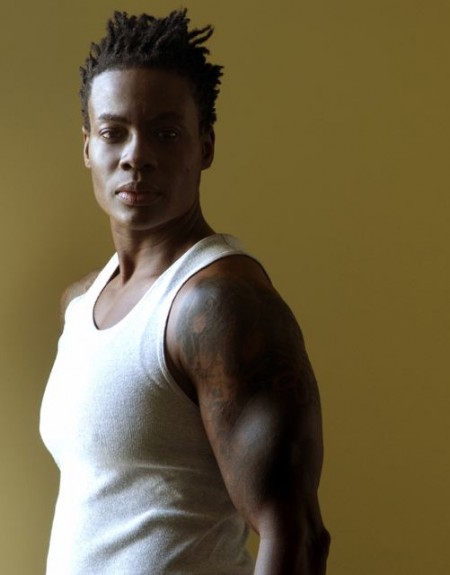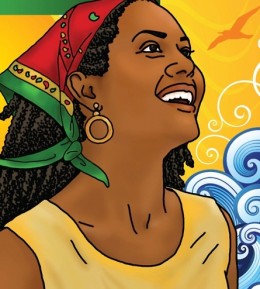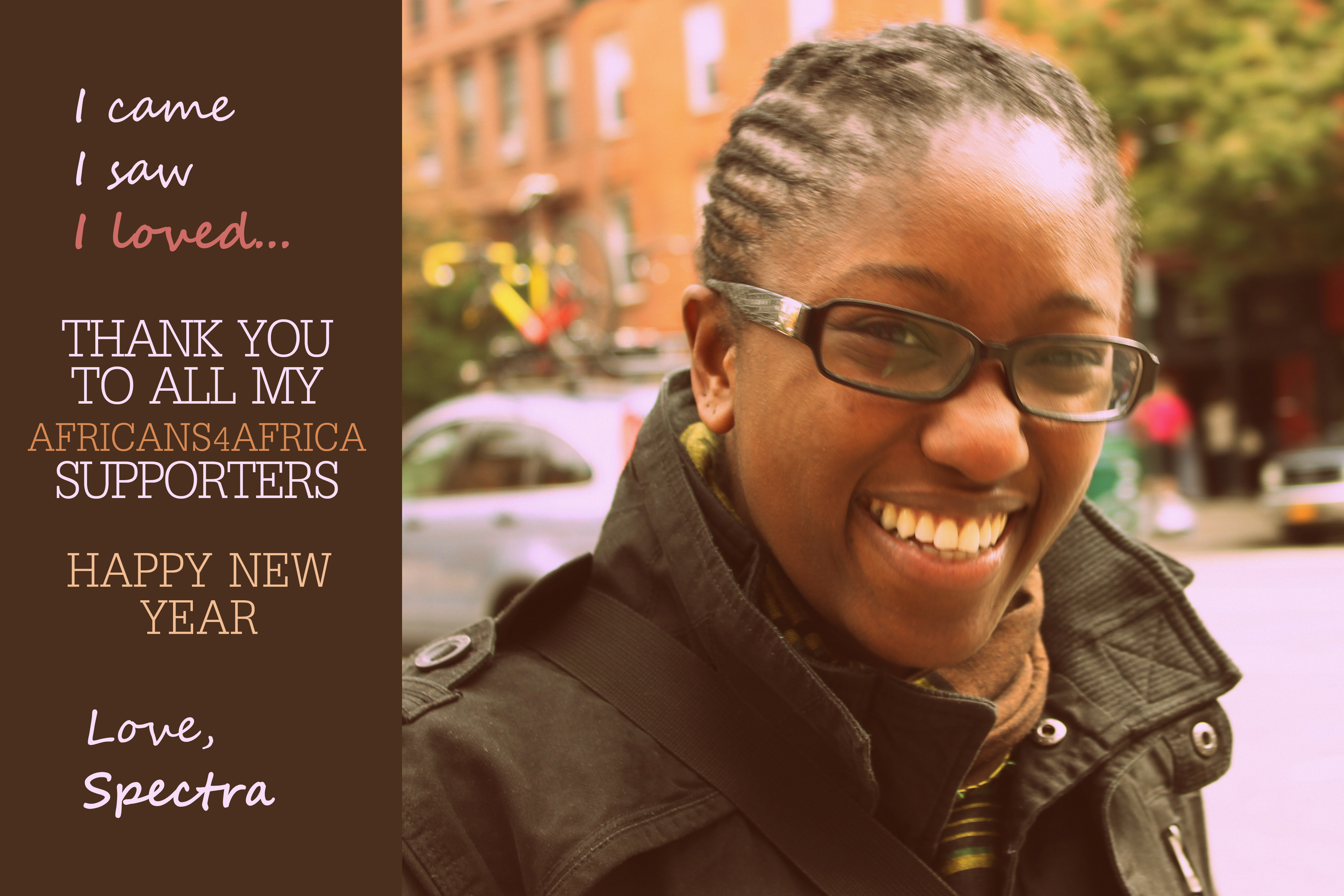Ever had one of those days when your ideals, your spiritual beliefs, your politics, your internal moral compass just feels broken? Well, I've been having those days a lot lately. Here's to raising a white flag, and hitting rock bottom, so you can find your way back up.
-
Afrofeminism - Blog - Love Is My Revolution - Special Series - Spirituality - The Political, Personalized
-
Afrofeminism - Blog - Diversity - Diversity - Gender and LGBT Issues - Race, Culture, Ethnicity - The Political, Personalized
Straight Allies, White Anti-Racists, Male Feminists (and Other Labels That Mean Nothing to Me)
If my detest for words and definitions stems from anything at all it's the "allies" I've experienced in both my personal life and my work as an activist. I've met hundreds of "white allies," for instance, many of who profess their "consciousness" via some digital channel (e.g. an overly serious…
-
Afrofeminism - Blog - Gender and LGBT Issues - LGBT Africa - My Work - The Political, Personalized - Writing and Guest Blogging
Losing Access to Sisterhood: Tomboys, Masculinity, and the Unmaking of a Girl
When I woke up to International Women's Day celebrations today, the first thing on my mind wasn't politics, but the personal connections I didn't know I would forfeit the minute I stopped wearing skirts, traded in my long hair for a frohawk, and fell in love with a woman. In…
-
African Feminism - Afrofeminism - Blog - Movement-Building - Self-Care and Self-Love - Special Series - Thought Leadership
Celebrating Audre Lorde with Jamaican Feminists: Activism, Self Care, and Virtual Sisterhood
I was invited by a Caribbean feminist collective to participate as a virtual guest in their Audre Lorde appreciation event this past weekend. After weeks of fighting a winter slump, I ended my Skype session feeling nourished and optimistic, which has prompted some reflecting on the power of sister circles,…
-
Open Letter to Africans for Africa Supporters: Love Is My Revolution
This is my last post for 2012. I've been back in the states for almost two weeks, struggling with what words to send you in closing of my Africans for Africa new media training project. I've started about a dozen posts and letters, and have scrapped them each time. But…




